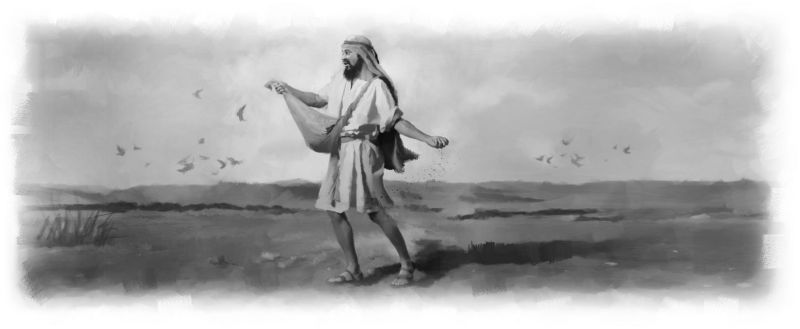Father wasn’t worried when Mother got baptized after attending Seventh-day Adventist meetings at their town schoolhouse in Armenia.
Father wasn’t worried when his daughter, Anush, and her sister started going to Adventist summer camps. He even drove them to camp.
Father also wasn’t worried when Anush, as a 17-year-old university student, decided to get baptized and join the Adventist Church.
But he was furious when the university called to complain that Anush was skipping classes on Sabbath. Students missed classes for various reasons, and the university didn’t mind that Anush wanted to keep the Sabbath. The problem was that other students kept their reasons to themselves, but Anush unabashedly announced her absence as a matter of religious liberty.
“If she doesn’t want to go to class, then she doesn’t have to go to class,” a university administrator told Father. “But why does she have to make a big deal about it? She is hurting the university’s reputation.”
Father was appalled. He felt like his daughter’s faith was reflecting badly on the family. He reprimanded her when she came home.
“Why did you have to announce that at the university?” he asked. “If this is the way that things are going to be, I forbid you from going to church.”
He also prohibited her from getting baptized.
“I’m responsible for protecting you,” he said. “When you are older, you can make your own decisions. But for now, I’m your guardian.”
Anush didn’t argue. Armenia is a largely patriarchal society where a father’s word is law. But she wondered where the line was between the fourth and fifth commandments. Could she go to church and honor Father at the same time? She had decided before God to get baptized, but she worried that Father might forbid Mother from going to church if she insisted. Mother suggested that Anush wait. She found support for a delay in Numbers 30:3–5, which says if a daughter makes a vow while living in her father’s house, and her father approves, then God accepts it. But if the daughter makes a vow that the father overrules, then God releases the daughter from the vow.
“I think God supports the decision to wait to get baptized,” Mother said.
Anush waited. It was a difficult four years at the university. She believed that Father was a good man who only wanted the best for her. But she also longed to go to church and get baptized. She found joy in the baptism of a classmate, a woman who had learned about the Sabbath when Anush refused to study on that day. The classmate became Anush’s first soul for Christ.
Part of last quarter’s Thirteenth Sabbath Offering went to open a center of influence for families like Anush’s in Yerevan, Armenia. Thank you for helping spread the gospel with your offerings. Next week: Father changes his mind about Anush’s baptism.


